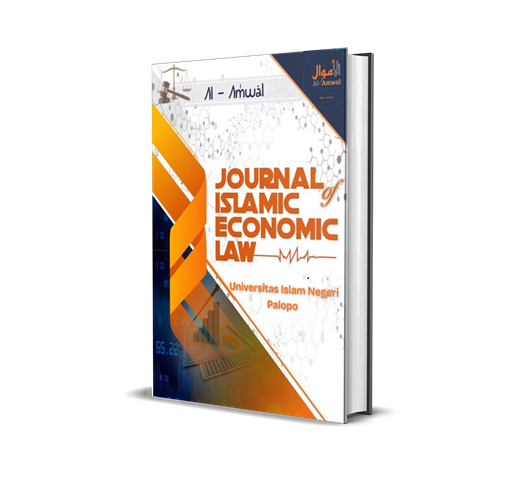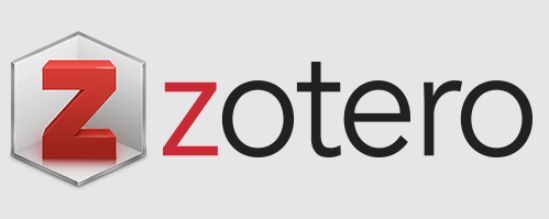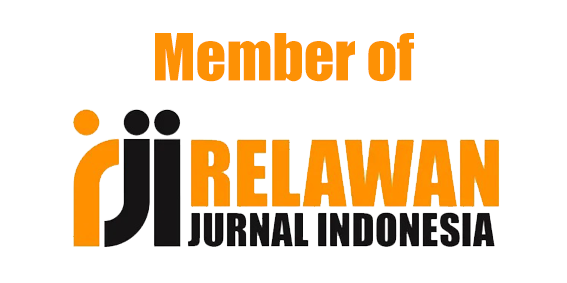SUBMISSION
PUBLICATIONS
ACCREDITATION
ASSOCIATION
TEMPLATE
SUPPORT CONTACT


Several interesting issues that are priorities in this edition continue the concept of “Islam, Ecotheology, and Technological Transformations for an Equitable and Sustainable Future”. The position of Islamic Economic Law plays an important role in this theme.
Authors Coverage :  Indonesia ,
Indonesia ,  Yemen
Yemen
SUBMISSION
PUBLICATIONS
ACCREDITATION
ASSOCIATION
TEMPLATE
SUPPORT CONTACT

TOOLS


USER
MEMBERS

SPONSORED BY
Al-Amwal : Journal Of Islamic Economic Law, Faculty of Sharia, IAIN Palopo, Indonesia
E-mail: jurnal.al-amwal@iainpalopo.ac.id
Al-Amwal: Journal of Islamic Economic Law is licensed under a Creative Commons Attribution-ShareAlike 4.0 International License.
